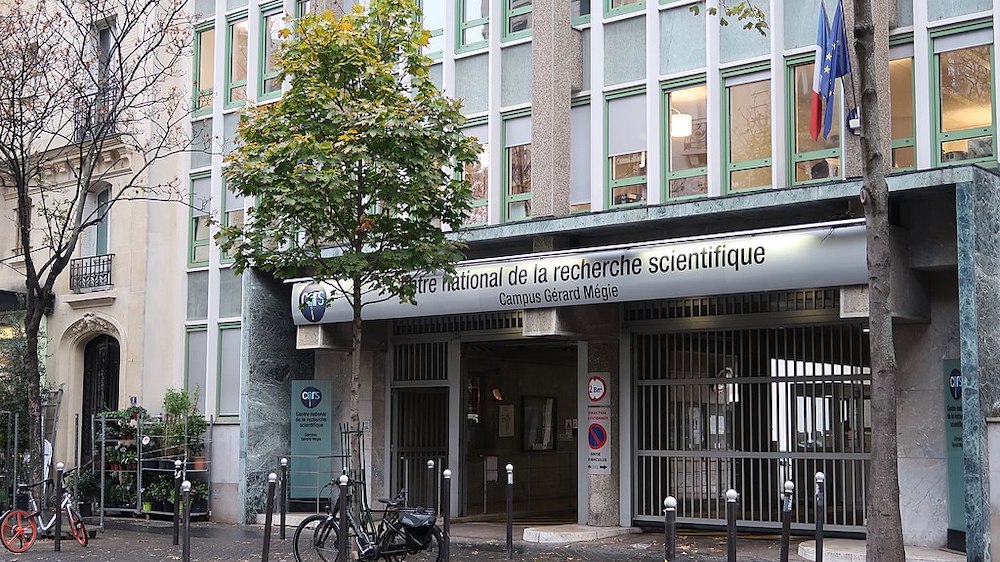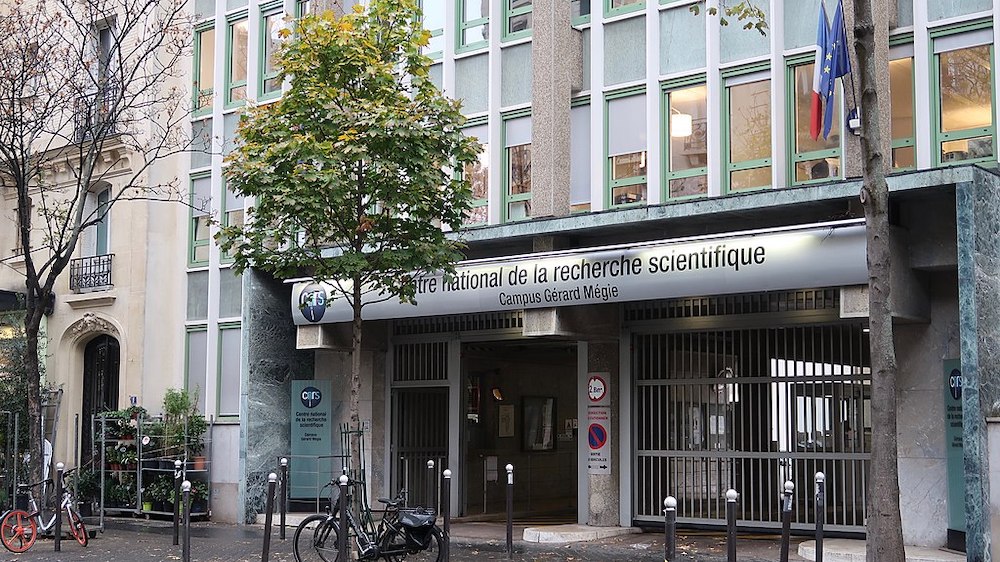
CNRS (Centre National de Recherche Scientifique / The French National Center for Scientific Research) announced today that scientists from CNRS, the University of Edinburgh, and QC Ware have successfully demonstrated that a quantum machine using a new quantum algorithm can verify quantum advantage in seconds, while a classical computer can take thousands of years to perform the same task.
Iordanis Kerenidis, Senior Researcher, CNRS, and Head of Algorithms – International, QC Ware, is co-author of the research paper. The leading quantum algorithms expert conceived the project, designed the algorithm, and analyzed its performance.
The announcement is timed with the publication of the research paper “Experimental demonstration of quantum advantage for NP verification with limited information ” in the February 8, 2021 issue of Nature Communications. The research paper details the verification protocol for quantum advantage and the results of the landmark experiment.
The experiment focused on verifying NP-complete problems using only a small and unverified slice of information. It implemented Kerenidis’ complex, interactive, algorithm which enabled a great reduction in quantum hardware requirements and the use of a simple, experimental, photonic system comprising two laser sources, a single-beam splitter, and two detectors.
NP-complete problems refer to a large variety of the most significant computational problems in industry in a range of fields including manufacturing optimization, machine learning, server-client quantum computing, authentication systems, and blockchain technologies.
The top-speed quantum verification of such problems can open the way for trusted quantum cloud computing. Without gaining insight into a cloud quantum provider’s full quantum solutions, clients can verify or validate claims such as portfolio optimization with much higher returns or machine learning models with much higher accuracy.
“The verification algorithm shows that a client with a rudimentary quantum machine can verify claims, in seconds, without the quantum cloud provider having to reveal their full solution. Any classical computer that receives the same amount of limited information would take exponentially longer to do the same task,” said Kerenidis. “What the team has achieved is a quantum algorithm that further advances quantum application development.”
Iordanis Kerenidis, Senior Researcher, CNRS, and Head of Algorithms – International, QC Ware, is co-author of the research paper. The leading quantum algorithms expert conceived the project, designed the algorithm, and analyzed its performance.
The announcement is timed with the publication of the research paper “Experimental demonstration of quantum advantage for NP verification with limited information ” in the February 8, 2021 issue of Nature Communications. The research paper details the verification protocol for quantum advantage and the results of the landmark experiment.
The experiment focused on verifying NP-complete problems using only a small and unverified slice of information. It implemented Kerenidis’ complex, interactive, algorithm which enabled a great reduction in quantum hardware requirements and the use of a simple, experimental, photonic system comprising two laser sources, a single-beam splitter, and two detectors.
NP-complete problems refer to a large variety of the most significant computational problems in industry in a range of fields including manufacturing optimization, machine learning, server-client quantum computing, authentication systems, and blockchain technologies.
The top-speed quantum verification of such problems can open the way for trusted quantum cloud computing. Without gaining insight into a cloud quantum provider’s full quantum solutions, clients can verify or validate claims such as portfolio optimization with much higher returns or machine learning models with much higher accuracy.
“The verification algorithm shows that a client with a rudimentary quantum machine can verify claims, in seconds, without the quantum cloud provider having to reveal their full solution. Any classical computer that receives the same amount of limited information would take exponentially longer to do the same task,” said Kerenidis. “What the team has achieved is a quantum algorithm that further advances quantum application development.”




 IonQ Achieves Industry Leading Performance on Next Generation Barium Qubits
IonQ Achieves Industry Leading Performance on Next Generation Barium Qubits